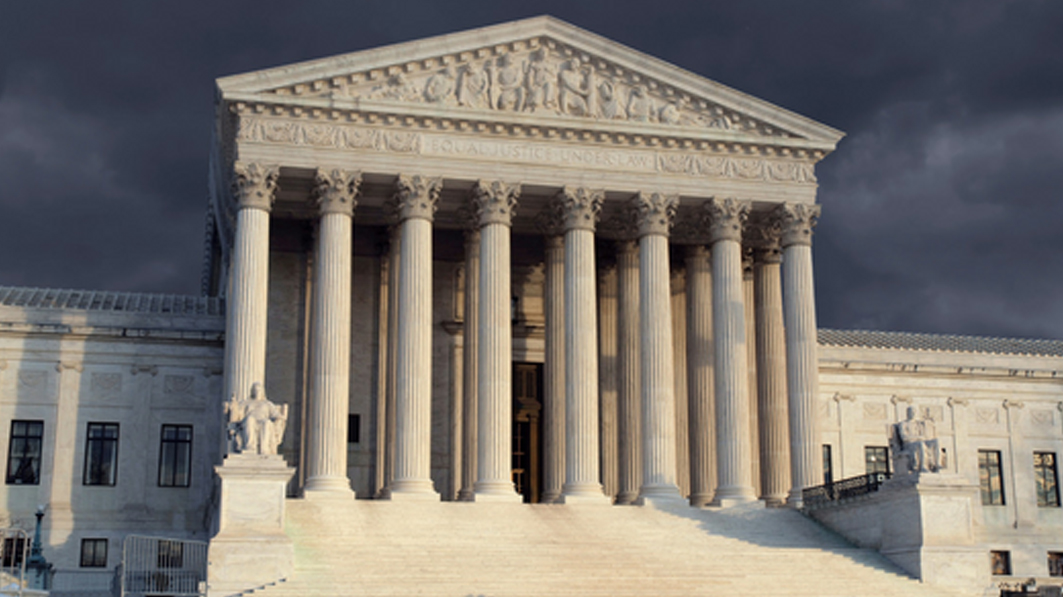Courts in California, Oklahoma and Pennsylvania have all issued decisions this week in cases involving abortion. The 9th U.S. Circuit Court of Appeals blocked the new religious exemption to the Obamacare contraceptive mandate, an exemption designed to protect faith-based organizations from furnishing possible abortion-causing drugs in company health plans. The 3rd U.S. Circuit Court of Appeals followed up on its recent “sidewalk counseling” opinion in the Pittsburgh case with a similar one involving Harrisburg, Pennsylvania. And an Oklahoma judge temporarily blocked a state law requiring doctors to advise women undergoing a chemical abortion process that it can be reversed before the process is completed.
Ninth Circuit piles on Little Sisters of the Poor
The Little Sisters of the Poor are currently asking the U.S. Supreme Court to hear their appeal from a decision of the 3rd U.S. Circuit Court of Appeals which blocked a new and broadened religious exemption to the Obamacare “contraceptive mandate.” The original mandate included a pro-abortion, conscience-trampling employer health insurance requirement made famous in Supreme Court decisions involving Hobby Lobby and the Little Sisters. As The Daily Citizen has previously reported, the new and improved religious exemption resulted from President Trump’s Executive Order of May 4, 2017.
This week the 9th Circuit essentially piled on the Little Sisters in a decision involving a similar challenge to the religious exemption from a number of blue states. The 9th Circuit’s decision duplicates the 3rd Circuit’s actions, and will undoubtedly also be appealed. When that happens, and if the Supreme Court decides to hear both of those appeals, look for them to be consolidated and heard together as one case.
Another Pennsylvania city loses in its bid to stop sidewalk counselors
We recently reported on a unique victory for sidewalk counselors in Pittsburgh, Pennsylvania who challenged a local “buffer zone” ordinance intended to keep them from approaching women in front of a local abortion clinic in an attempt to distribute leaflets and inform them about alternatives to abortion. The 3rd Circuit in that case ruled that the ordinance was constitutional, but also ruled that sidewalk counseling isn’t covered by the ordinance, which mandates that “no person or persons shall knowingly congregate, patrol, picket or demonstrate” within the prescribed zone in front of healthcare facilities.
Days later, the 3rd Circuit followed up its Pittsburgh decision with an similar one for a Harrisburg, Pennsylvania ordinance containing nearly identical language. Referencing the Pittsburgh case, the appeals court upheld the Harrisburg ordinance while noting that sidewalk counseling isn’t prohibited under that ordinance either.
In both cases, the sidewalk counselors won their right to continue their mission to save babies and women from the consequences of abortion.
Oklahoma judge blocks informed consent law
In April, Oklahoma Governor Kevin Stitt signed into law SB 614, a bill requiring doctors performing chemical abortions to advise their patients that it is possible to reverse the process after it’s been initiated. There are hundreds of known success stories of women successfully carrying their babies to term after choosing to reverse the chemical abortion they had begun. The reversal protocol works in about 55% of cases where a pregnant woman has taken the first of two pills required for a chemical abortion, but then changes her mind.
Abortion advocates brought a lawsuit challenging the new law, set to take effect November 1. County Judge Don Andrews heard arguments this week on both sides of the issue, and ordered a temporary halt to the law pending the results of a trial on the issues.
Abortionists claim that the law, which makes it a felony not to provide such information to women undergoing a chemical abortion, is a violation of the doctors’ free speech rights. But previous court decisions from around the country make clear that if a law requires a doctor to provide medically accurate information to a patient as part of obtaining “informed consent” to a procedure, free speech rights are not involved.






